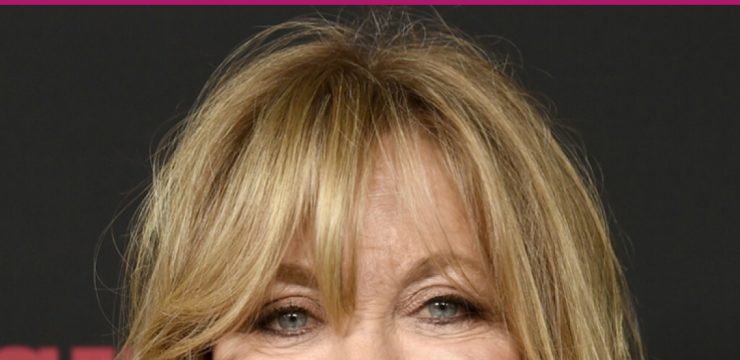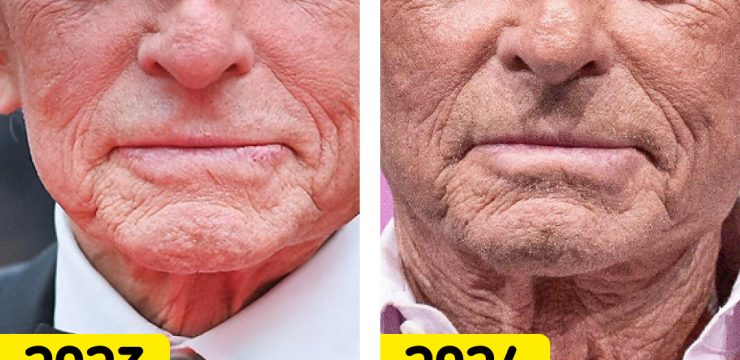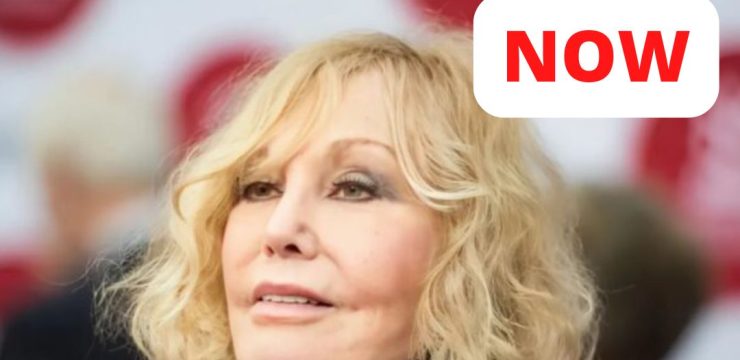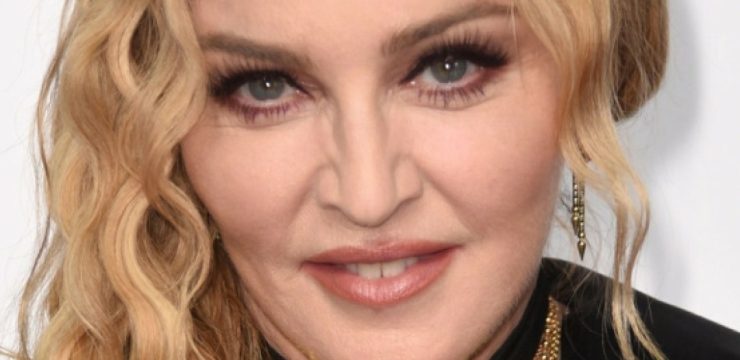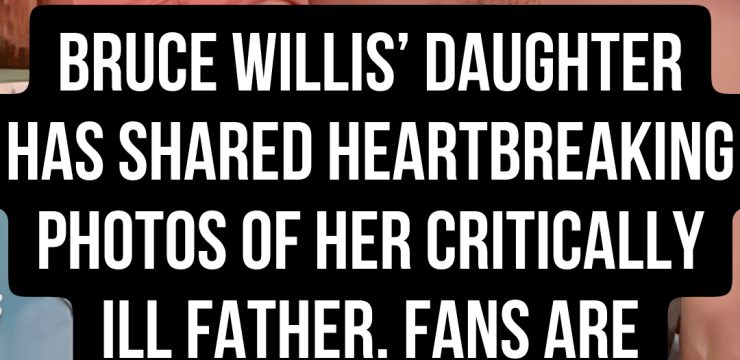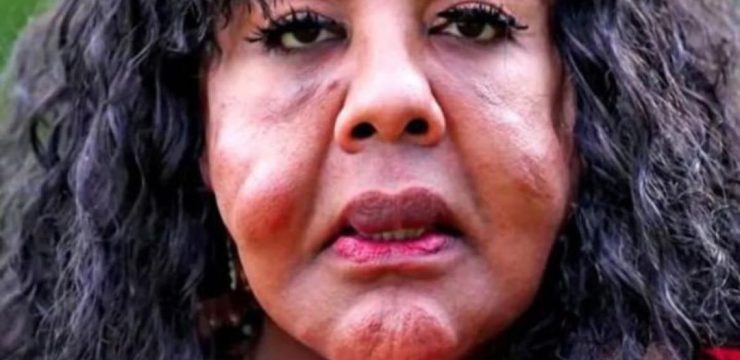In a world where people are often judged based on how they look, Amit Ghose’s story stands as a powerful reminder of resilience, acceptance, and the strength it takes to rise above appearances. Ghose was born with a genetic condition known as Neurofibromatosis Type 1 (NF1), which causes non-cancerous tumors to grow along the nerves. His journey has been marked by painful discrimination, personal growth, and an unshakable commitment to helping others see the beauty in their differences.

One ordinary day in London took a heartbreaking turn when Amit entered a local café. He simply walked up to the counter to order a cup of coffee. Instead of being greeted, a female employee bluntly told him, “Oh, we’re not serving anymore,” before turning and walking away. The moment left him feeling deeply rejected and hurt. Though painful, this experience wasn’t new to Amit—it was just one of many incidents where he felt excluded simply because of his appearance.
Neurofibromatosis Type 1 affects around one in every 2,500 people. It causes tumors to grow along nerves and leads to visible skin changes, including café-au-lait spots. While most tumors are non-cancerous, they can cause severe physical complications and noticeable disfigurements. The condition may also lead to vision problems, learning difficulties, heart and circulatory issues, and chronic pain. But beyond the physical, the emotional toll is often even more difficult to bear.
Amit’s challenges started early in life. At just 11 years old, he underwent surgery to remove his left eye. The aftermath wasn’t just medical—it was social and emotional. He became a target for bullies, and cruel comments from classmates left deep emotional scars. One remark, made before Halloween, stuck with him for years: “You don’t need a Halloween mask—you’ve got one for life.” That single sentence devastated him.
“That comment shaped a big part of my life,” he recalled. “I couldn’t accept how I looked. I didn’t have the courage to play with other kids. I was scared. I was always rejected. No one wanted to sit next to me.” For years, Amit hid his face and avoided social interaction. He felt isolated and unworthy, not because of who he was inside, but because of how others saw him on the outside.
Things began to shift when he joined his school’s cricket team. The game gave him more than just a hobby—it gave him a connection with others. It created space where his skills mattered more than his appearance. Cricket became a source of pride and self-worth. Slowly but surely, it helped him reclaim his confidence.
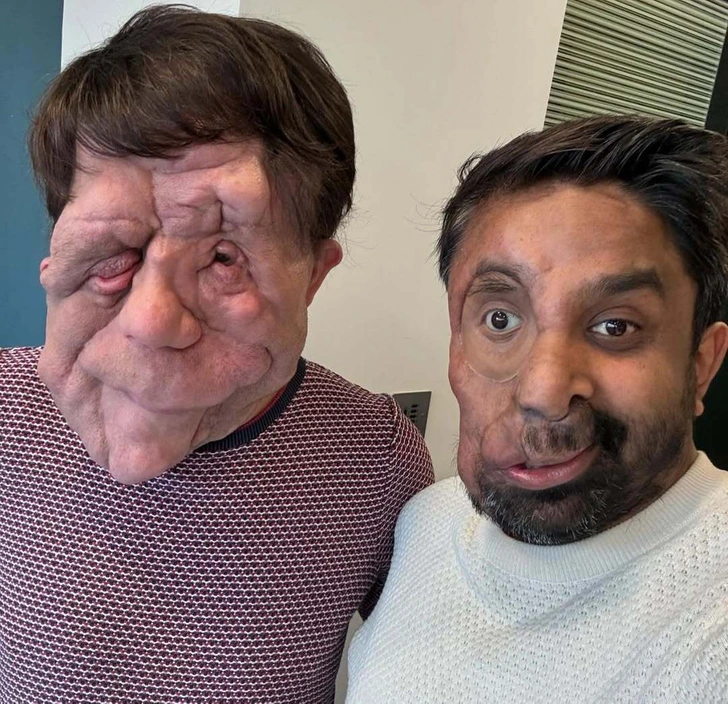
Amit eventually turned his struggles into strength, becoming a voice for others who feel different. He wrote a children’s book titled Born Different, designed to teach young readers about acceptance and embracing visible differences. “This isn’t just my story,” he says. “It’s for every child who’s ever felt different. For every adult who hides behind a smile. You’re not alone. You’re not broken. You’re Born Different—and that’s your superpower.”
But Amit didn’t stop with just writing. He became a motivational speaker, visiting schools to share his personal journey. Through his storytelling, he’s helped countless children feel seen and heard. His mission is clear: to build a world where differences are not just tolerated, but celebrated.
Social media has become a vital part of Amit’s advocacy. On TikTok, he has over 200,000 followers. Through his content, he shares both struggles and triumphs, giving a face and a voice to those who feel invisible. His platform has become a safe space for empathy and support. People from around the world have reached out to him with messages of encouragement and gratitude:
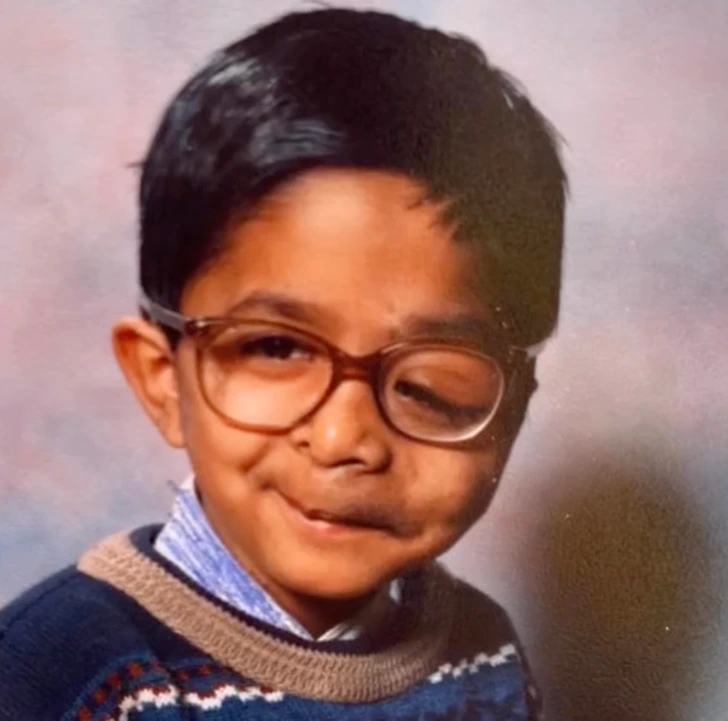
“I’m so sorry you’ve had to deal with both medical challenges and cruel comments. It’s not fair. You’re a great soul meant to teach others compassion. Bless you.”
“You’re an amazing human. We read your book to our daughter this week, and it truly moved us. We even got an extra copy for her classroom.”
“Kids can be so cruel. I hate that you’ve had to deal with such awful people. You should be proud of yourself. Stay strong!”
These heartfelt responses show just how far his message has reached. Amit has become a symbol of strength—not because he’s never been hurt, but because he’s transformed his pain into purpose.
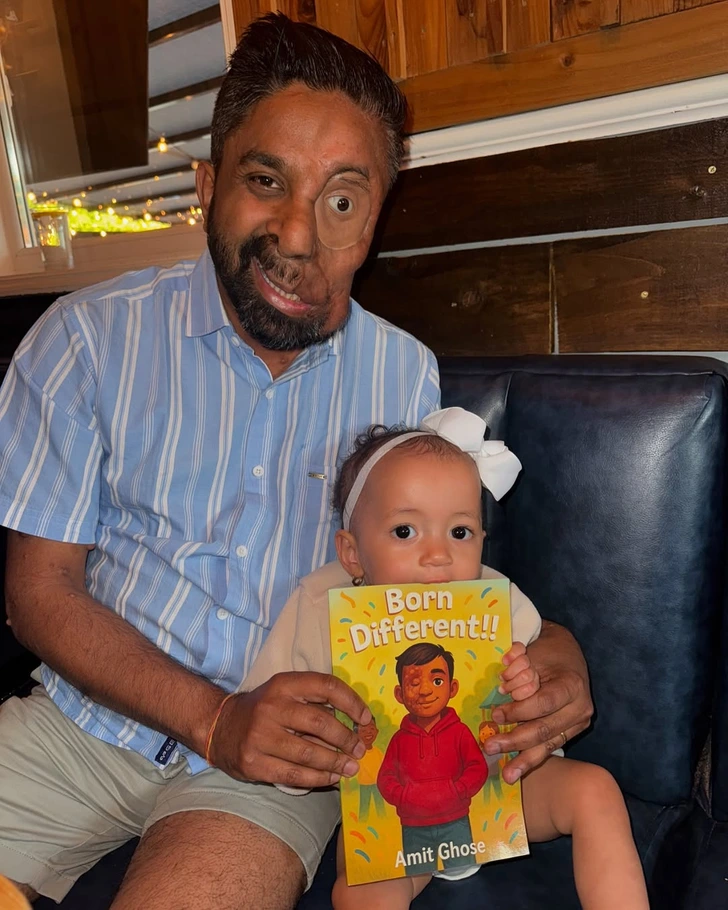
Discrimination based on appearance can have lasting effects on mental health. Many people with visible differences struggle with anxiety, depression, and low self-esteem. But with support, therapy, and self-empowerment, healing is possible. Amit’s life illustrates how human resilience can break through the weight of judgment.
He also highlights the need for greater societal awareness. We must challenge the standards that define worth based on looks. Supporting organizations that advocate for those with visible differences, educating ourselves about conditions like NF1, and creating inclusive environments are vital steps toward a kinder world.
Amit Ghose’s journey is a reminder that confidence doesn’t come from how others see you—it comes from within. And once you tap into that inner strength, no external judgment can define your value.
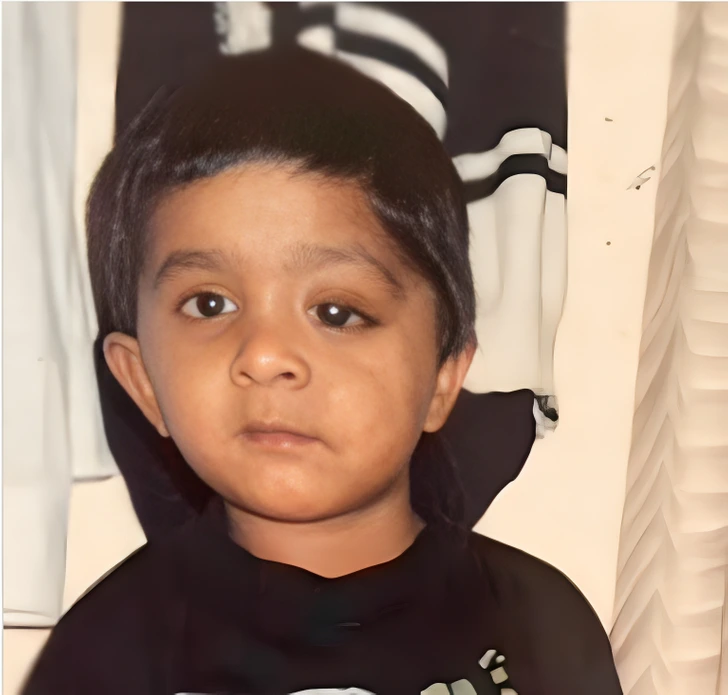
While stories like Amit’s don’t often dominate headlines, they are the ones that move hearts and change lives. His commitment to creating a more inclusive society is inspiring. In a world quick to label and exclude, his voice offers hope. By sharing his truth, he’s helping others find theirs.
And as Amit continues to advocate, educate, and empower, his message echoes loudly: your difference is your power, your scars tell your story, and your story deserves to be heard.
